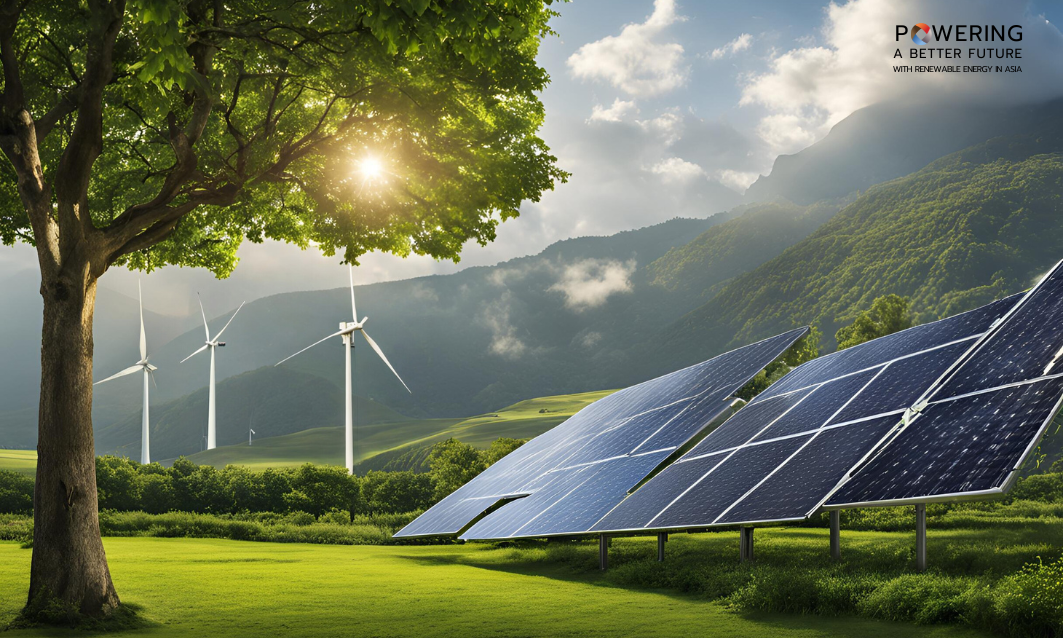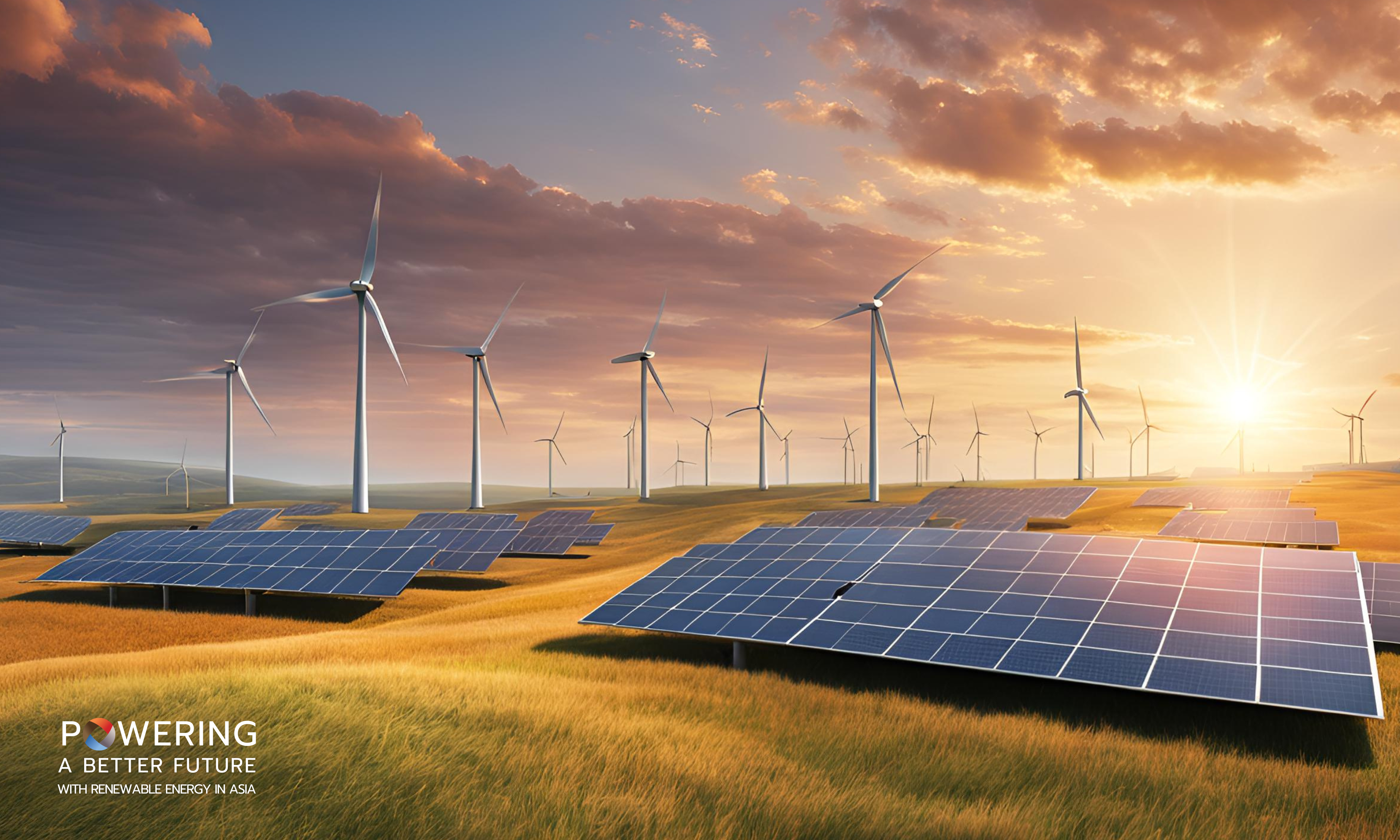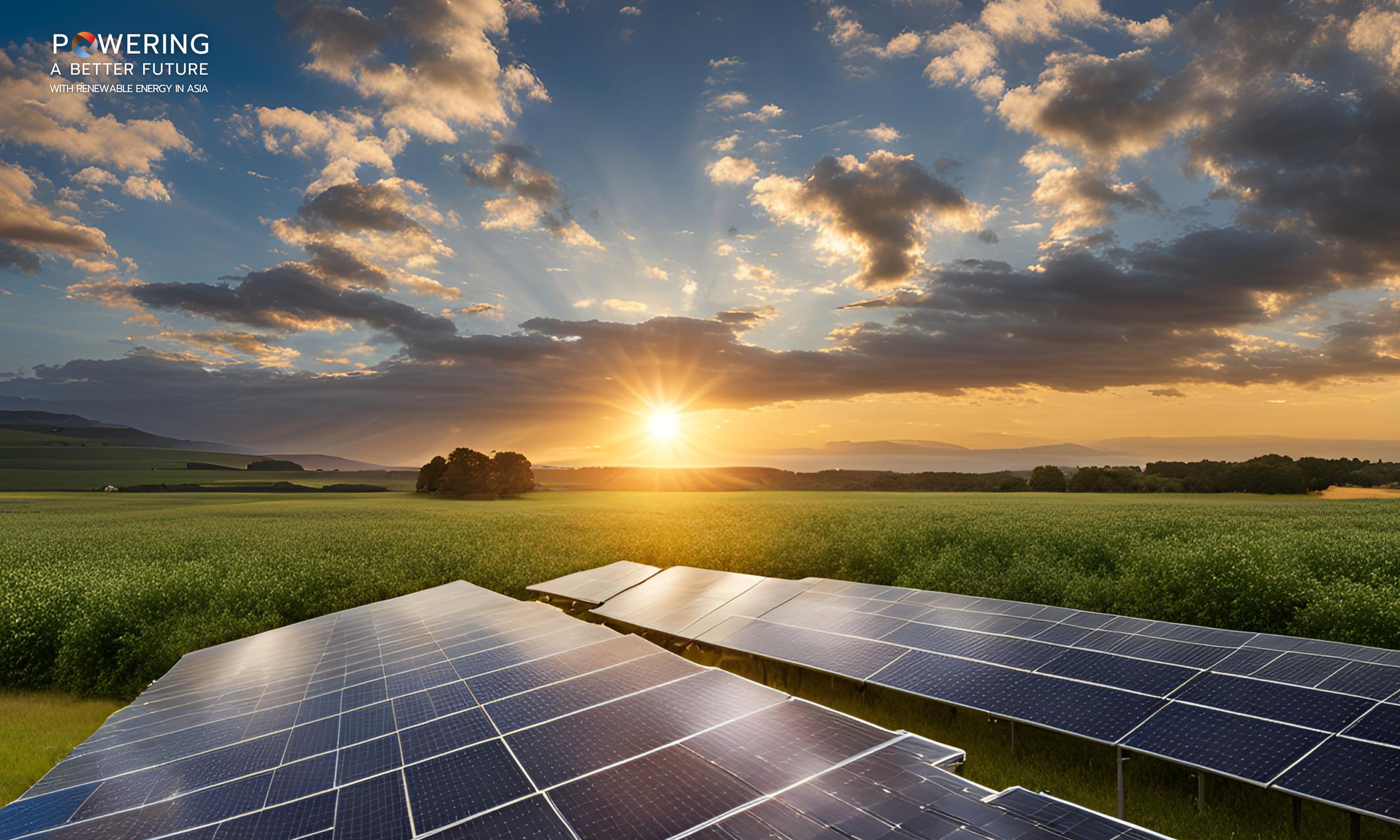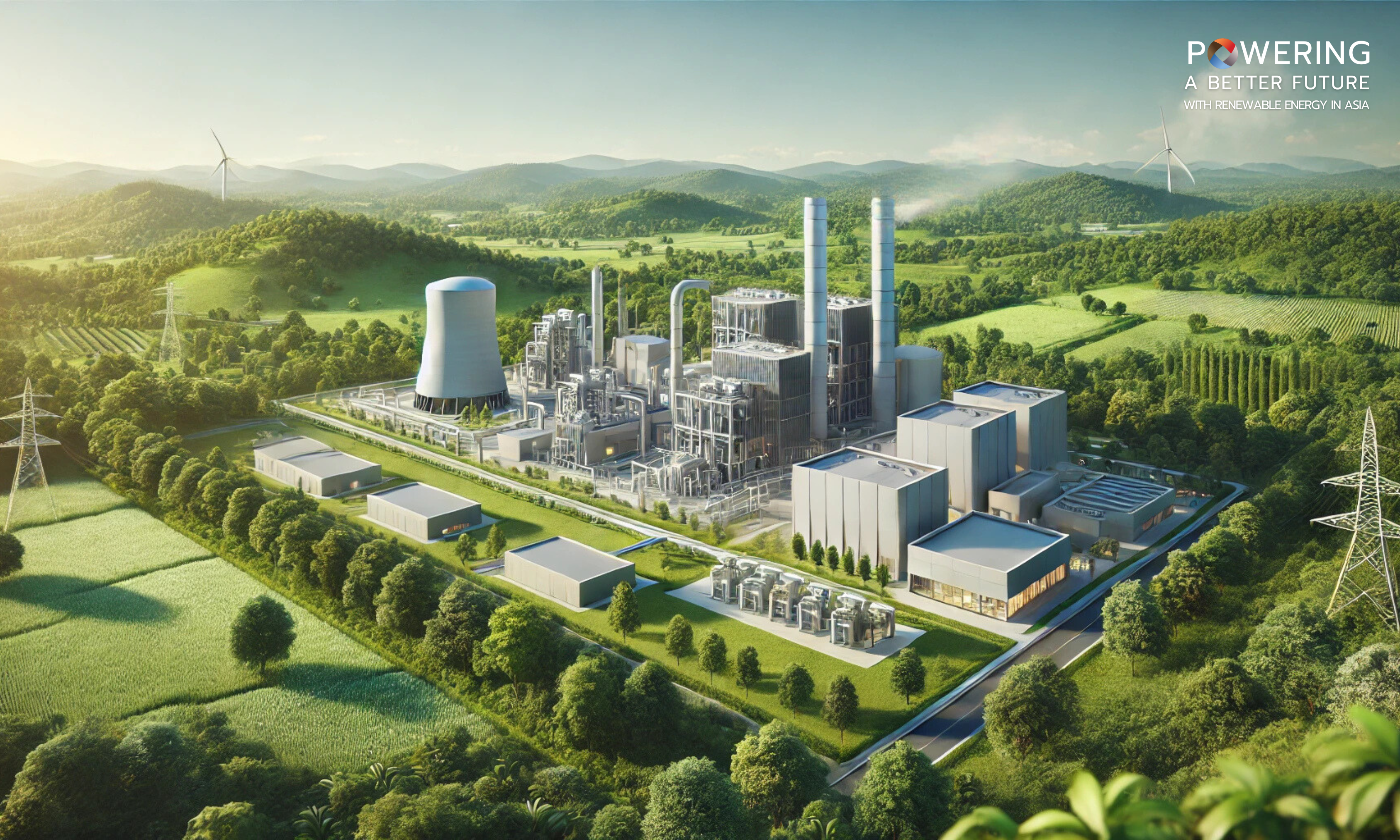Articles
The Role of Renewable Energy in Global Energy Transition
16 January 2025

Today, we witness numerous changes in the energy sector, from the rapid growth of the electric vehicle (EV) industry to the increased potential of electrical appliances, and, of course, the rising electricity demand.
Most of the electricity we currently use is generated from fossil fuels such as natural gas and coal, which are non-renewable energy sources.
However, in recent years, efforts to meet energy demands and promote energy sustainability have led to rapid advancements in renewable energy technologies, such as solar power, wind power, hydropower, and biomass energy.
Renewable energy is set to play a significant role in transforming the global energy landscape.
Energy Security:
The world is currently facing an energy crisis that could lead to future energy shortages. This crisis stems from the decreasing amount of non-renewable fossil fuels and the excessive reliance on them.
Renewable energy has emerged as a key solution to this problem. Renewable energy sources, such as solar and wind, are widely distributed across the globe, at least to some extent in every region. This allows countries to reduce their dependence on fossil fuel imports, particularly oil and natural gas, which often have volatile prices and political uncertainties.
In the short term, turning to renewable energy helps alleviate energy shortages by increasing energy production sources.
In the long term, creating a decentralized energy system with diverse energy production sources, leveraging inexhaustible natural resources like wind, solar, and geothermal energy, while reducing dependence on fossil fuels, will enhance the resilience of the energy system and ensure energy security for countries and the world.
Reducing Greenhouse Gas Emissions and Pollution:
Another equally important challenge is climate change and global warming.
The necessity to reduce carbon dioxide (CO2) and other greenhouse gas emissions to mitigate climate change has become a significant driving force behind the increasing role of renewable energy.
Renewable energy sources such as solar, wind, hydropower, and geothermal energy emit significantly low levels of greenhouse gases compared to fossil fuels. Additionally, these sources help reduce air pollution, lower the occurrence of fine particulate matter (PM2.5), and minimize other air pollutants commonly associated with fossil fuel combustion.
Thus, the transition to renewable energy addresses not only energy issues but also environmental needs.
Development of Technology and Innovation in Energy:
The renewable energy industry, including the production and installation of solar panels, the establishment of wind turbines, and the development of battery technology for energy storage, has continuously grown over the past several years. This growth enhances and extends technological capabilities, not only meeting energy demands but also promoting other technologies and innovations.
A clear example is the rapidly growing electric vehicle industry, as well as the installation of solar panels in households and the creation of industrial factories with low or zero greenhouse gas emissions.
Moreover, the growth of the renewable energy industry has created numerous new jobs in many countries. The expansion of the green energy industry promotes the development of technology and innovation and has led to the emergence of numerous startups, component manufacturers, and service providers. This contributes to sustainable economic growth at both regional and global levels.
Long-term Transformation of the Energy System:
Historically, the global energy system has relied primarily on fossil fuels, leading to economic, social, and political structures aligned with a centralized energy system. This means that all energy security is tied to depleting fossil fuel resources.
However, the increasing role of renewable energy has facilitated the power distributed generation and peer-to-peer (P2P) energy trading. This enables private sectors and households to contribute to renewable energy production, thereby replacing the missing energy segments.
As a result, private energy producers have taken on a larger role in the country’s energy production. In the long term, this shift will reduce dependence on fossil fuels, diversify power generation sources, and engage private sectors or energy companies in building sustainable energy security for the country and the world.
Sermsang Power Corporation and Renewable Energy:
Sermsang Power Corporation is a group of energy companies dedicated to becoming a leading energy business operator in Asia. Their goal is to produce and supply sustainable energy while promoting a clean environment for the greater benefit of society.
Today, with various forms of renewable energy playing a crucial role in sustainable global development, the mission of Sermsang Power Corporation (SSP) goes beyond merely adapting to these changes.
We aim to be a forward-thinking, progressive company capable of driving the growth of renewable energy businesses while contributing to the creation of a better environment for the future.
Goals and Strategies of Sermsang Power Corporation:
To ensure continuous development and growth, leading to the fulfillment of the group’s vision and mission, the following key strategies have been outlined to achieve these goals:
- Commit to investing in and developing various renewable energy projects, such as solar power, wind power, biogas, and biomass energy, both domestically and across Asia. The aim is to expand investment and develop 400 megawatts of power plant projects by 2024.
- Promote and support community involvement in the group’s power generation projects. This starts with educating the community about renewable energy projects and encouraging local employment from nearby communities during the construction and commercial operation phases. This aims to enhance the well-being of nearby communities through mutual support and protection against possible environmental impacts.
- Human Resource Development: Focus on developing human resources to enhance knowledge and expertise in the field of electrical energy.
We believe that in a rapidly evolving world, we can drive positive change by remaining committed to continuous development.
Source:
Electricity Generating Authority of Thailand (EGAT)
International Energy Agency (IEA)
บทความอื่น ๆ

Solving the Energy Crisis, Creating a Future with Renewable Energy
09 December 2024

Solar energy: Reliable renewable energy for everyone
30 September 2024



